In Burkina Faso, Clean Water Was Scarce. Then the Pandemic Hit.
The most vulnerable people to the new coronavirus are those without clean water access. That’s about half the country.

Laundry day in Burkina Faso © Murat Cem Şerbetci
By Elena Bruess, Circle of Blue
Though there has been a lot on Arnauld Adjagodo’s mind for the past few months, it was a photograph someone sent him that he couldn’t stop thinking about.
At the height of the Covid-19 crisis, two women in a town in Burkina Faso had set up a stand with clean water and soap for those passing by. Not unusual in this West African country, but this time not just anyone could use it. The women were charging for handwashing.
“It was really, really strange to me,” Adjagodo told Circle of Blue.
Adjagodo is a water and forestry engineer who specializes in sustainable development. For more than 12 years, he worked in integrated water resources management for GWP West Africa, and he currently serves as a political influence official for the IRC WASH in Burkina Faso.
“I cannot imagine people who just sit somewhere with water and soap,” he continued. “So other people can come, wash their hands, and give money for that.”
To Adjagodo, the photograph reflected the current moment in Burkina Faso, a country caught between the severity of the global pandemic and insufficient personal access to water, hygiene, and sanitation.
Landlocked between Ghana and Mali, Burkina Faso has confirmed just over 1,000 cases of Covid-19 and 53 deaths since the country’s first case in early March, according to the World Health Organization. While cases in Burkina Faso seem low compared to its neighbors — Ghana has recorded nearly 23,000 cases with only 50 percent more people — limited testing in the country could be hiding the overall number.
“When refugees live in the area, they increase the demand for water and sanitation”
Like many other countries, Burkina Faso implemented measures to keep infection rates low. Markets were shut down and a curfew was implemented, while calls for social distancing and proper handwashing spread from Ouahigouya to Logobou to Bobo-Dioulasso. Yet, as Adjagodo puts it, these protocols had unequal outcomes for the country’s people: between the minority who could afford to stay home and the majority who could not, between those with water and those without.
“On television and the radio, they said the only way to face this crisis is to wash your hands,” Adjagodo said. “That means nothing to [the majority]. They don’t have water.”
In Burkina Faso, nearly 10 million people— almost half the country – do not have clean water at home.
No Water, Highest Risk
When the markets shut down in Burkina Faso, many people in rural communities and in cities lost their daily income. Money that would have come at the end of the market day stopped and small business owners could no longer afford food, let alone amenities such as soap.
Those without personal water taps can get water from community pumps, yet there were also water cuts to the pumps. The country’s dry season, between January and April, usually results in water cuts, but this time was different. Some people, but not all, could afford to stock water at home. And in rural communities, where people may walk miles to gather a few gallons of water for the day, residents might not use their limited supply for handwashing.
“Another problem we observed is the curfew,” Adjagodo said. “The public water company would only bring water to the pumps at night … so for those people it wasn’t possible because of curfew.”
Eventually, the public company began to pump water in the afternoon.
To make up for the lack of income, the government also began to put in some social measures to subsidize water or defer penalties. These measures were only implemented in cities, though, and the IRC WASH continues to advocate that the program expand to rural communities as well.
“We could see Covid-19 as an opportunity to realize we cannot face the different development challenges without health”
The violent attacks of terrorism in Burkina Faso for the past decade have also left a mark, according to Adjagodo. People uprooted from their homes are much more likely to lack adequate water, sanitation, and hygiene, (WASH) and are therefore a higher risk for contracting Covid-19. As of December 2019, there are over a half million internally displaced people and nearly 26,000 refugees in Burkina Faso. Just outside the capital city of Ouagadougou, 16,000 displaced people live in a communal camp.
“When refugees live in the area, they increase the demand for water and sanitation,” Adjagodo commented. “But the government doesn’t increase the financial capacities. On the contrary, because of the crisis, they have less budget for the WASH sector.”
At the beginning of the Covid-19 crisis, there had been a great mobilization to raise awareness for hygiene in Burkina Faso. The media, influencers on social networks, the Ministry of Health as well as the private sector pushed for handwashing and hygiene. People with the resources installed tippy taps in their yards to provide water and soap for those in need. Yet, as the country begins to slowly reopen, Adjagodo and his colleagues want a long-lasting solution for those without water.
“We could see Covid-19 as an opportunity to realize we cannot face the different development challenges without health,” Adjagodo emphasized. “And hygiene, which is currently neglected, is at the head of health and therefore also at the head of the development challenges.”
To Adjagodo, advocacy and awareness is key. Not just now, but in the future, so Burkina Faso is ready for another crisis and no one has to think twice about soap and water.
This post was updated 7.20.20 to note that the government not only provided water in areas with lack of income, but deferred penalties as well.
Elena Bruess writes on the intersection of environment, health, and human rights for Circle of Blue and covers international conflict and water for Circle of Blue’s HotSpots H2O.

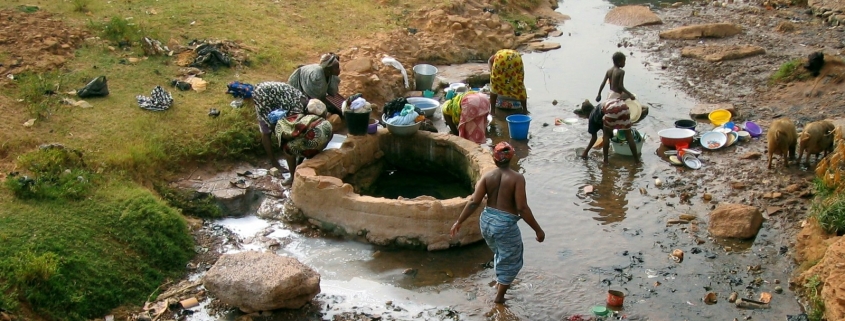
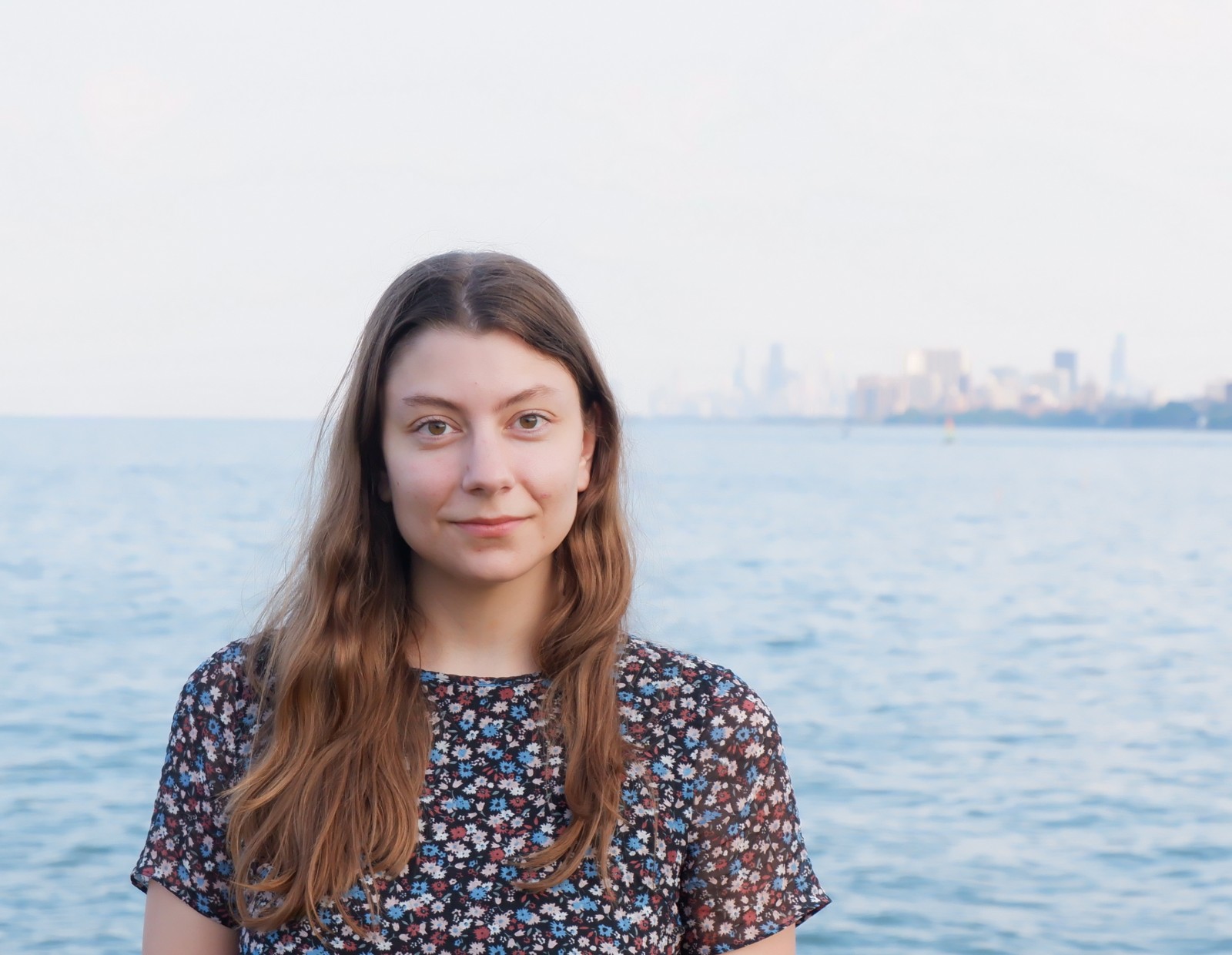
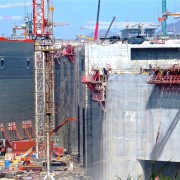
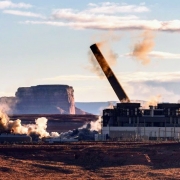
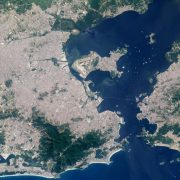
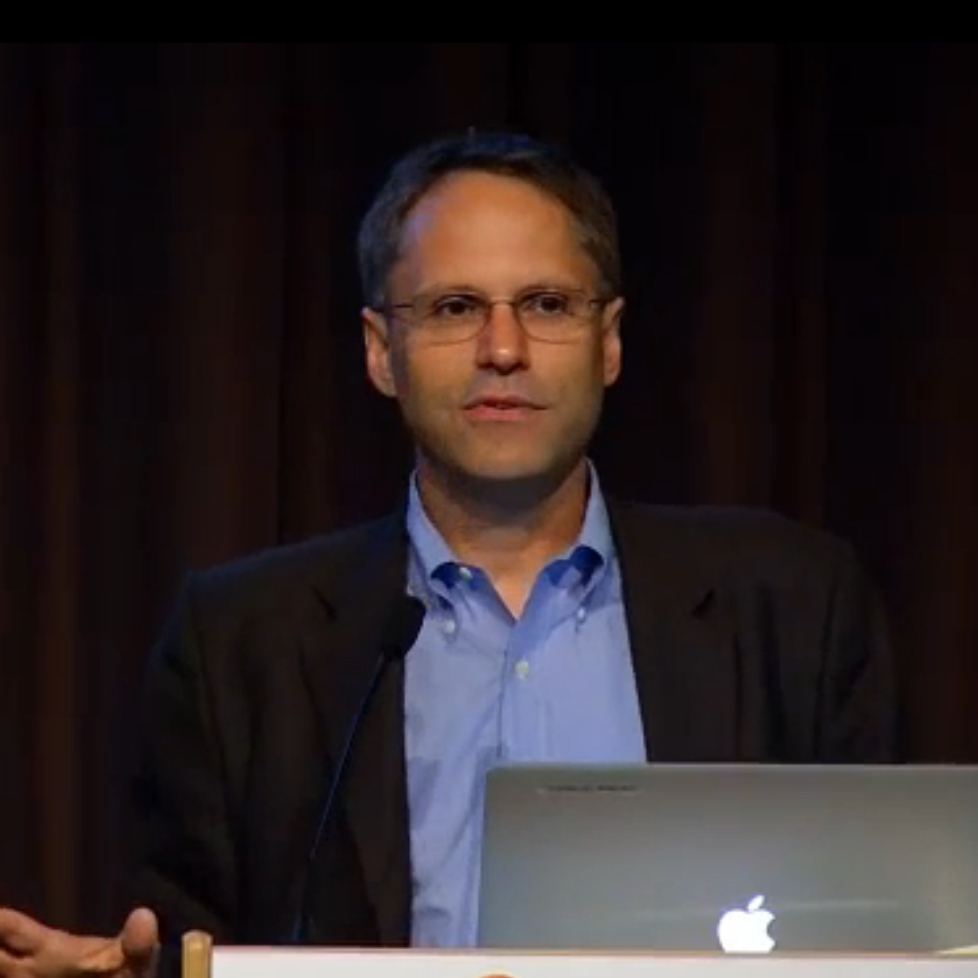
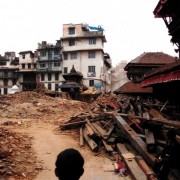
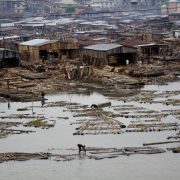


Leave a Reply
Want to join the discussion?Feel free to contribute!